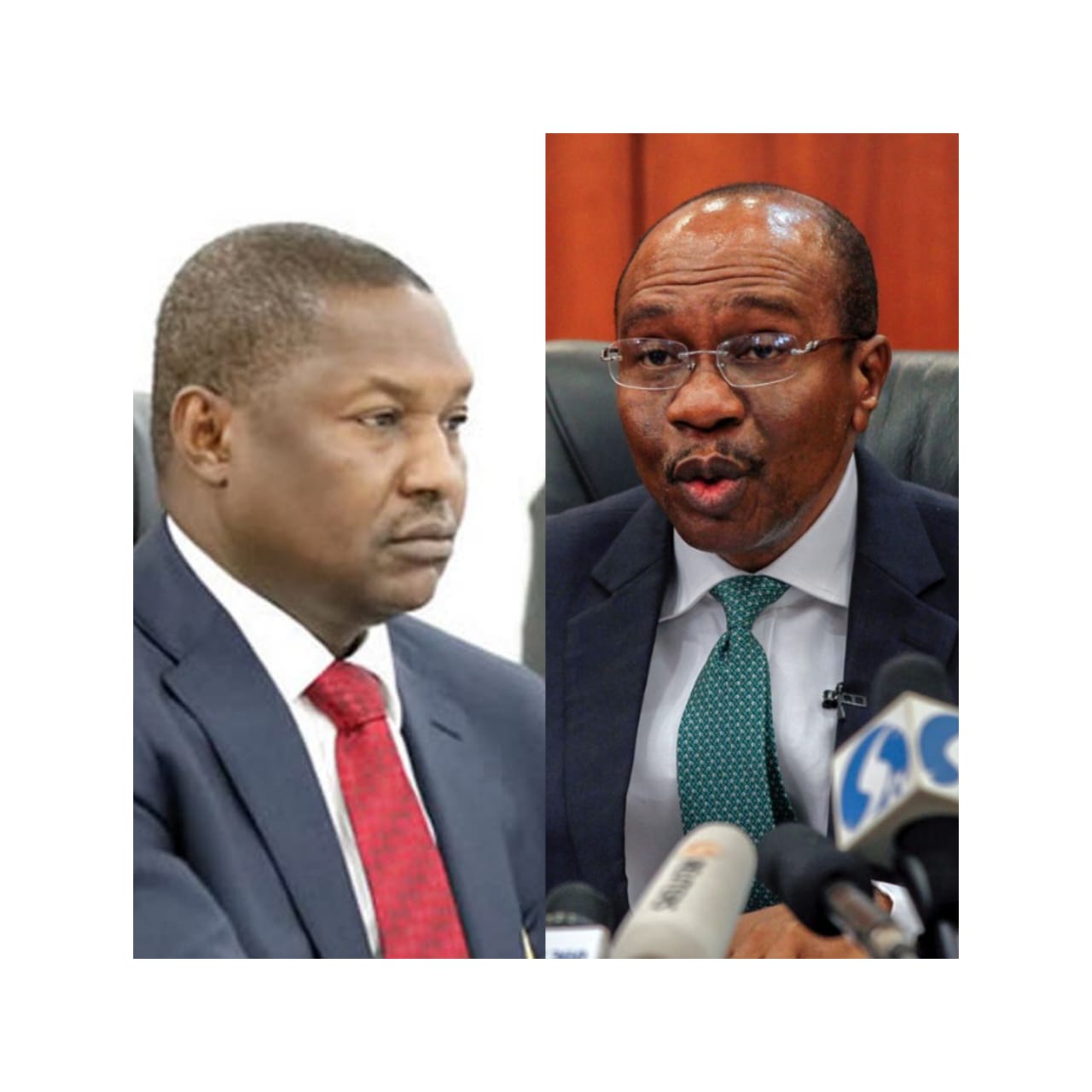Headlines
Governors issue an order to Malami and Emefiele on Tuesday to follow the Supreme Court

State governments that filed a lawsuit against the federal government over its naira redesign policy have given the Central Bank of Nigeria Governor, Godwin Emefiele, and Attorney-General of the Federation, Abubakar Malami, SAN, till Tuesday to abide with the Supreme Court’s ruling on the currency.
Should the two senior officials disobey the supreme court’s ruling that the old N1,000, N500, and N200 notes must be in circulation alongside the new ones until December 31, 2023, the state governments threatened to pursue contempt proceedings against them on Tuesday.
The AGF and the CBN have remained silent over the ruling more than a week after the court issued the judgement. Nigerians and companies are more confident now and are refusing to accept the old currencies as legal money.
READ ALSO: Old naira deposit: CBN has to order commercial banks, says Gov. Adeleke
The enrolled order and Certified True Copy of the Supreme Court decision directing the use of old notes as legal money for 10 months have been served on the Federal Government.
Abdulhakeem Mustapha (SAN), the solicitor for the states of Kaduna, Kogi, and Zamfara, which brought the Federal Government before the Supreme Court regarding the matter, revealed that Malami was served with the enrolled order and the CTC of the judgement on Friday afternoon. He added that he expected immediate compliance with the judgement as the non-service of the documents had provided the government and the CBN with a means of escape.
“The Attorney-General of the Federation has been served, and we will take it from there,” Mustapha added. “If there is not compliance at this time, we will begin committal procedures against the Attorney-General and the CBN governor.”
The Zamfara State Attorney General and Commissioner for Justice, Junaidu Aminu, provided an update on the effort to enforce compliance with the Supreme Court’s order on Sunday, however, and disclosed that since the Federal Government had refused to carry out the ruling, the suit’s plaintiffs would reapply to the court to ensure compliance with the court’s order.
